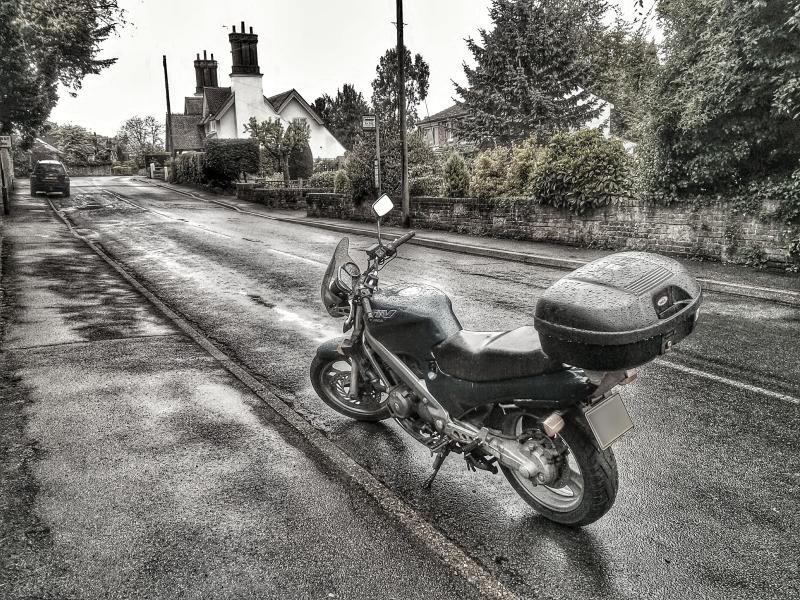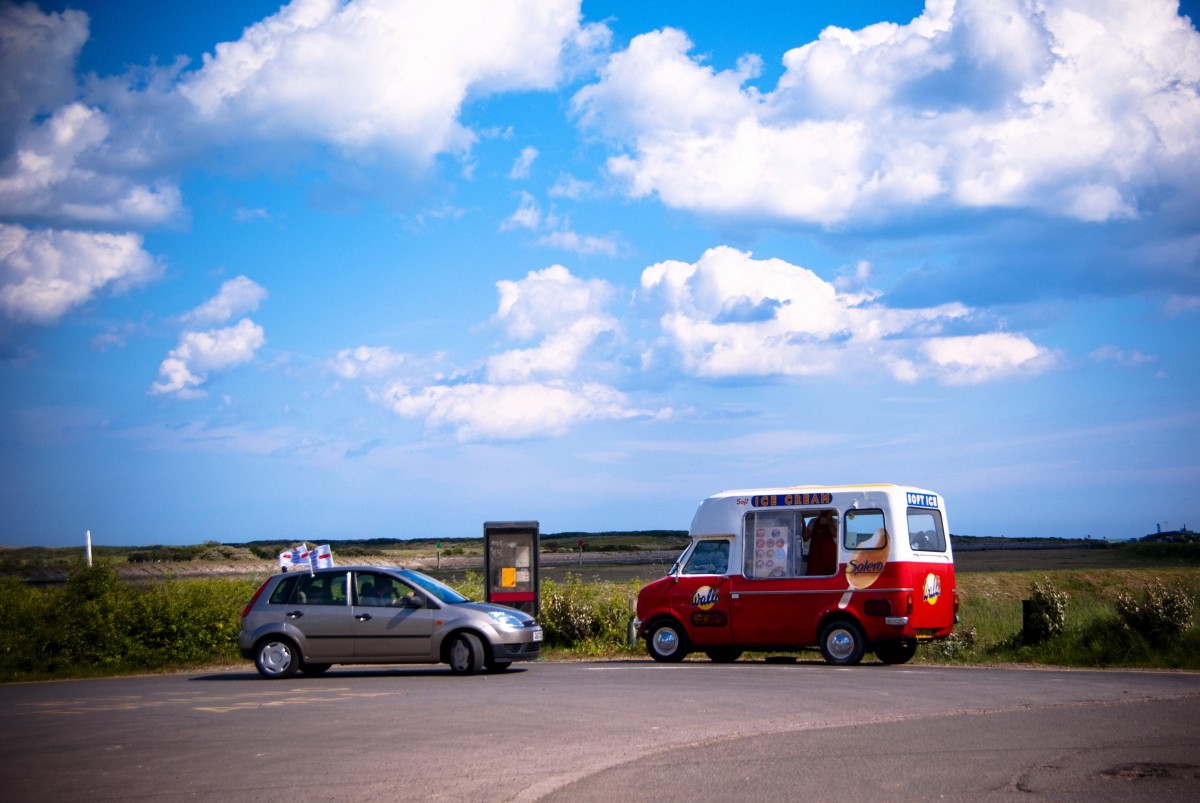My doctoral thesis research into tablet-computer based art interventions for people with dementia and their caregivers has been published. You can find the paper here, or here if you are on ResearchGate. I conducted the research with Paul Camic, Sabina Hulbert and Michael Heron. The research explored the impact of art-viewing on wellbeing, both quantitatively (with measures of happiness, wellness and interestedness built into the app) and qualitatively (through interviews I conducted with all the people who took part). As it was an exploratory study, we focussed on detailed evaluation of people’s experiences and as such the sample size was relatively small (12 pairs). The results suggest that art-viewing on a tablet computer can benefit the wellbeing of people with dementia, and have qualitative benefits for their relationships with their informal caregivers. On the path to finding those results, I learned a lot.
The process of conducting the research was a phenomenal learning-curve. The process went from pitching the idea, through obtaining ethical approval, to making (and maintaining) working relationships, recruiting people to take part with the invaluable support of people at the Alzheimer’s Society, collecting, interpreting and analysing the data, writing it up, then publishing. These parts of the process all overlapped, and especially towards the end several parts were taking place simultaneously. Using a mixed-methods design meant prioritising research-related activities (plus course and life demands) could sometimes be quite the headache!
Aside from the headaches, there were some surprises. One big surprise was the drop out rate: there wasn’t one. None of the people I recruited withdrew from the research and everyone took part in the interviews at the end. I found this remarkable and it was really valuable to hear the views of people who had reservations about the experience as well as people who were very positive about it. I am so grateful for everyone who generously gave their time to take part and I hope they gained something from the process.
Including my own photographs was something I had not anticipated, but when my supervisor suggested I did so, it felt like a privilege. I certainly had not expected to receive feedback on my own images as part of my Major Research Project, but that is what happened! It seemed that the image of the ice cream van at the top of this post tended to remind people of generally happy memories, and various other images took people to a range of places. Some of the more abstract images seemed to invite freer associations and the combination of reminiscences and these associations seemed to stimulate the viewers, and provoke enjoyable conversations. I was glad that my photos had been part of this, and very thankful for the images the various museums allowed us to include. Here’s some examples of my images from the app:
An honourable mention has to go to a piece of machinery I could not have completed the research without: my humble Honda NTV. My first motorbike, I chose it as MCN described it as “as reliable as death and taxes”, and it never let me down. It helped me travel to Dementia Cafes and various meeting places without a hitch, and when running it became an unnecessary extravagance towards the end of the course, I was sorry to sell it on. Thus, another thing I didn’t expect was to notch up about 12000 miles of motorcycling experience as part of my clinical training, but that happened too!

It has been quite a journey, and it would not have been possible without the support of the people I have mentioned, and some people who I have not mentioned: you know who you are. Finding myself at the end of one journey, I see now that I am at the beginning of several others. It’s a time to shift priorities, and see whether I can find more of a sense of balance after three years of training dominating my life, and to some extent that of those closest to me. I’m looking forward to it!



















Fascinating read, and great photos as always Charlie. Congrats 🙂
Thanks for reading and feeding back Loz!
Good work
Thanks Jon!